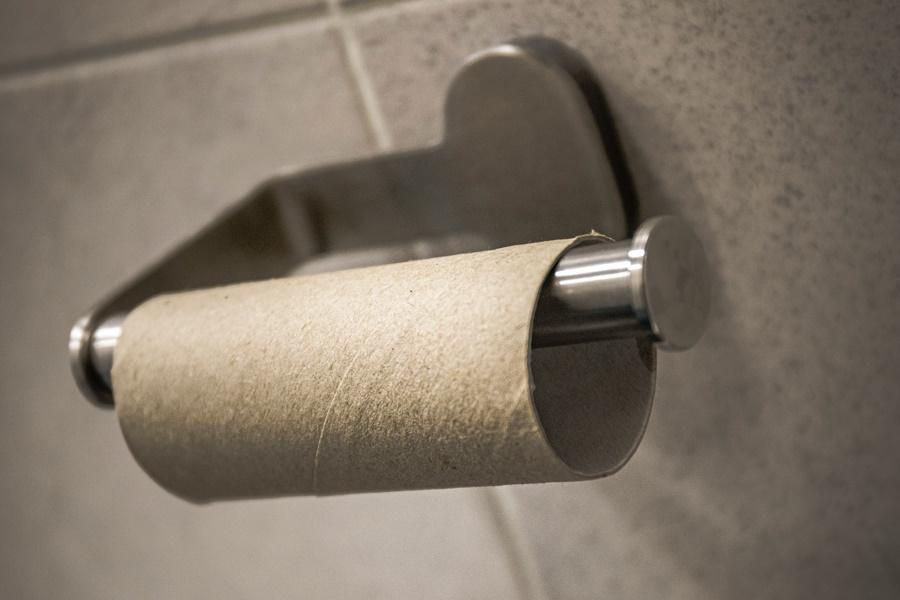Astellas hit by US patent verdict for incontinence drug

A US district court has said that a key patent held by Astellas on its Myrbetriq drug for urinary incontinence is invalid, in a setback to its efforts to defend the blockbuster therapy from generic competition.
Myrbetriq (mirabegron) – sold as Betanis and Betmiga in some markets – is an extended-release selective β3-adrenoceptor agonist therapy used to treat overactive bladder with symptoms of urinary incontinence, urgency, and urinary frequency, and has been approved in the US since 2012.
Since then, it has grown into one of Astellas’ top-selling drugs, bringing in worldwide revenues of 188 billion yen (around $1.35 billion) in Astellas' last fiscal year, up nearly 10%.
The case – heard in a Delaware district court – was focused on US Patent No. 10,842,780 covering extended-release formulations of mirabegron that isn’t due to expire until 2030. Astellas filed the lawsuit seeking a judgment that generics would infringe this patent if launched, and has said it will appeal the verdict.
Mirabegron is still covered by patents covering crystal forms and methods of using mirabegron, which were the subject of earlier litigation, but these will expire in May next year.
Several copycat versions of the drug have already been approved, including from Zydus Cadila and Lupin Labs. However, given Astellas’ plan to elevate the case to the Court of Appeals for the Federal Circuit (CAFC), launching them would be ‘at-risk’, potentially exposing their developers to the risk of damages if the appeals court sides with Astellas.
The Japanese pharma said it does not expect “immediate launch” of generic mirabegron, and isn’t changing its financial forecasts for the current fiscal year ending 31st March 2024.
There’s no disguising that Astellas is facing quite a heavy hit to its revenues from generic competition in the coming years, which will be exacerbated if it loses this appeal.
In January, it lost a legal bid to stop Pfizer’s generic medicines unit Hospira launching a copycat version of its pharmacologic stress agent Lexiscan (regadenoson injection) in the US, exposing a product with around $650 million in US sales to competition.
However, the biggest challenge facing its new chief executive, Naoki Okamura, will come from the loss of patent protection for Pfizer-partnered prostate cancer therapy Xtandi (enzalutamide) in the US in 2027.
That is far and away Astellas’ biggest product, with sales of 661 billion yen ($4.75 billion) in the last fiscal year.
Photo by Isaac Quesada on Unsplash.













